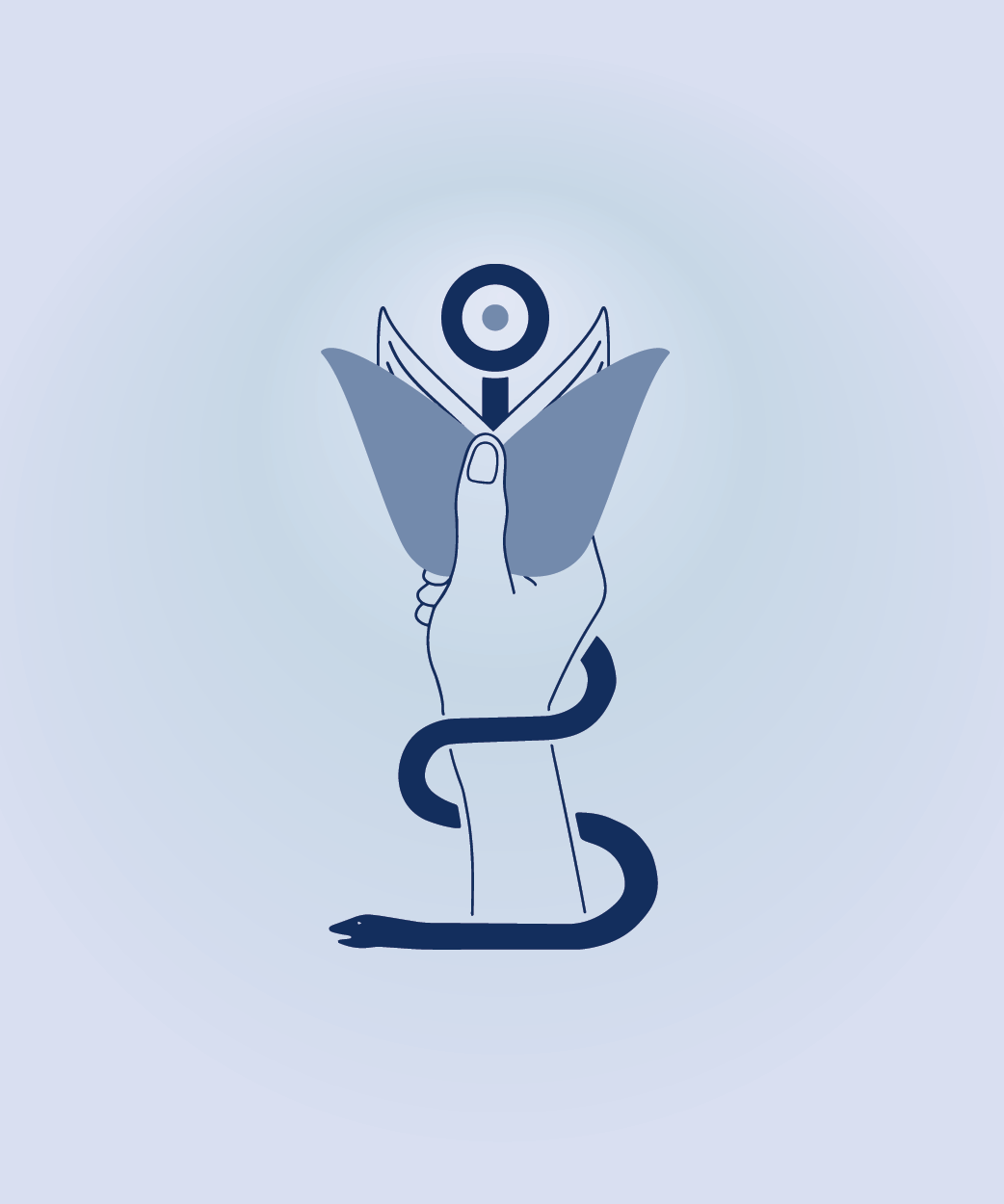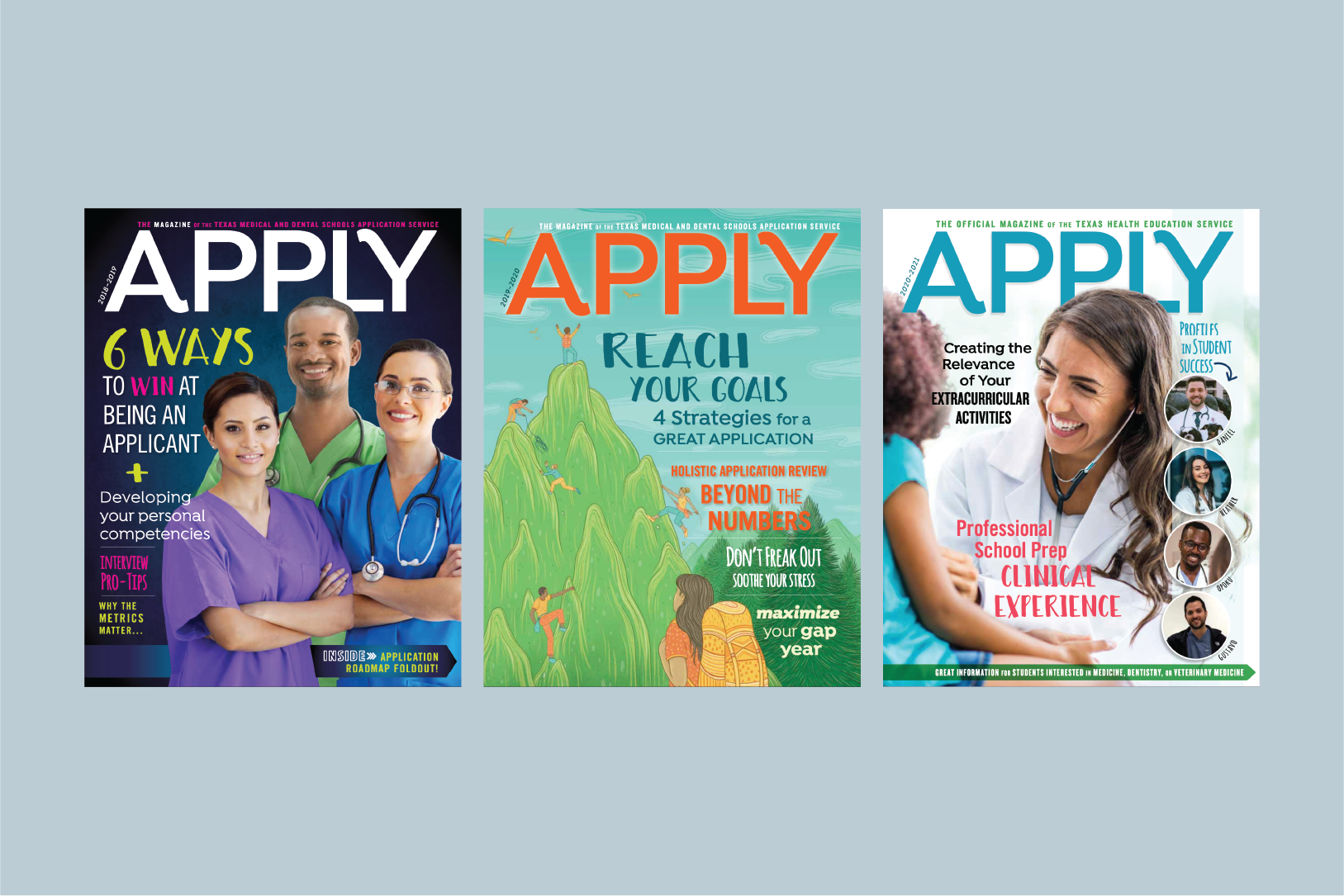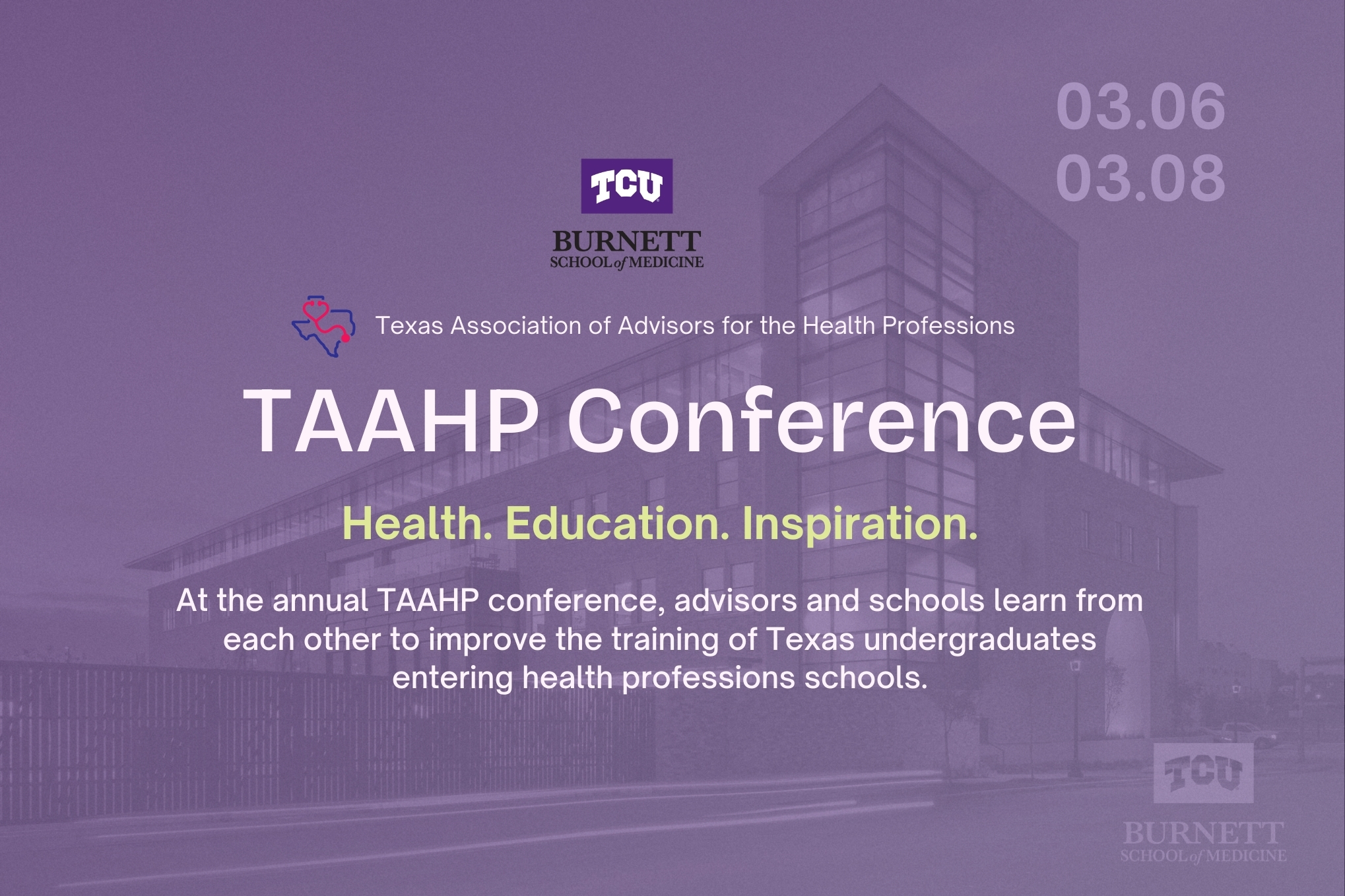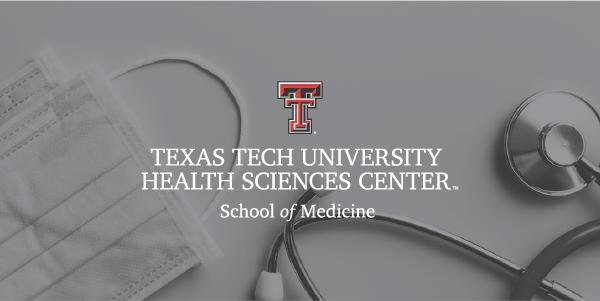Don’t Freak Out! Planning Your Emotional Health During Test Prep
Jaden was frazzled. He had spent a lot of time studying for the MCAT over the past
few months. Taking practice exams, reviewing past course materials, diagnosing the
areas where he needed more preparation. But now it was the week of the exam. His stress
level was going up as he realized that this test might dictate whether his dream of
medical school would really happen. So, in the days and hours prior to his exam date,
he felt more pressure to study. On his 45-minute drive to the testing site, he had
the review book open in the car seat next to him… reviewing the areas where he felt
weakest. By the time Jaden walked into the testing center cubicle, he felt so anxious
and exhausted that his confidence was shot. And then, in the most bizarre circumstance
of his short life, it happened. After the lunch break, when he was taking the MCAT
section on biochemistry, his physical and mental energy failed him. He fell asleep
during the exam! Waking up in a panic, Jaden realized that the time allotted for the
test had expired. (This story is not fictitious, it really happened to one of my students
in the past.)
THE PROBLEM:
It is not unusual for pre-health students to feel anxious about the process of applying
to professional school. After all, many of you have been dreaming of a healthcare
career for a long time. Taking and doing well in difficult courses, approaching faculty
about writing letters, and completing the online application can all produce a lot
of stress. However, taking the entrance exam is arguable the most anxierty producting
event in the entire process.
Known as high-stakes testing, these types of exams are designed to be difficult. For
most applicants, taking the MCAT or similar exams represents a level of complecity
in testing and potential consequences that they have never experienced before. Which
is why many applicants feel a great deal of anxiety before taking the exams. There
are, however, ways that you can avoid allowing this type of stress to overwhelm you.
Prepare for the Exam
Adequate preparation for the exam is essential to strong performance and to helping
alleviate stress. You should begin studying 6 to 8 months in advance of your proposed
testing date. For some students, this preparation means taking a commercial review
course. Or maybe your campus offers a review course. Or maybe your campus offers a
review structure that you can take advantage of. Some students can prepare on their
own with study books; others need the structure of a course. Regardless, your emotional
health will depend on your preparation regimen.
Limit Exam Focused Conversations
Too much talk with other pre-health students about the exam and what it means can
be devistating to your emotional health. So, I suggest that you limit these types
of conversations. Make a pact with your pre-health peers that you will not allow your
social interactions to dominated by conversations about the MCAT or DAT. Avoid exam
centered conversations unless they are for mutual support and encouragement.
Prioritize Leisure Activities
When the stress of exam preparation is the most intense, students often begin limiting
the fun activities of their lives. Sometimes students get so nervous that they don't
think time spent in relaxing activities is justifiable. In fact, just the opposite
is true. You need these fun times in your life to decompress. Also, it allows you
opportunities to be with people who are not completely focused on the exam experience.
Leisure activities serve to create balance in your ife and avoid burnout.
Limit Study Time as the Exam Day Approaches
I will admit that this one is counter intuitive. As zero-hour approaches, students
tend to get more nervous and feel the need to study more. Unfortunately, that only
seems to increase your anxiety. So, as the test date gets closer you should have a
schedule of limiting the amount of study that you do. You need to replace the study
hours with leisure activities and rest. In fact, focusing your energy on helping others
might be very beneficial to your emotional health.
Spend Time in Meditation and Positive Thinking
What I mean by meditiation is simply a technique of intentional relaxation, conventration
and breathing that will settle you down emotionally and allow you to center yourself
for the effort ahead. This will be of importance as the day of the exam approaches.
For example, after your part your car at the testing center, you might want to spend
five or ten minutes focusing yourself on positive thoughts. Try some deep breaths,
in through the nose and slowly out through the mouth. This mental and physical exercise
may help to calm you and center your thoughts on success.
Seek Psychological or Medical Assistance in Severe Cases
For a small number of students, the previous methods may not be enough to relieve
severe anxiety. In such cases, students may want to seek professional help. Seeking
the assistance of a trained counselor could be very helpful. Your college campus may
have this kind of resource available to you at little or no cost. Additionally, some
rare cases may need medical attention such as medications meant to address severe
mental or emotional strain. Seeking advice from your family physician could help you
determine if that is necessary.
As you can see, there are methods you can use to avoid allowing stress to detrimentally
affect your test taking experience. Try some of these out and see if you can find
a set that works for you.

About the author: The Texas Health Education Service amplifies TMDSAS and JAMP’s missions to serve students, collegiate advisors, and professional schools in Texas by providing students with accurate educational resources to enhance their preparation for a career in the health professions, and supporting efforts by advisors and professional schools to reach students and enrich the applicant pool.




